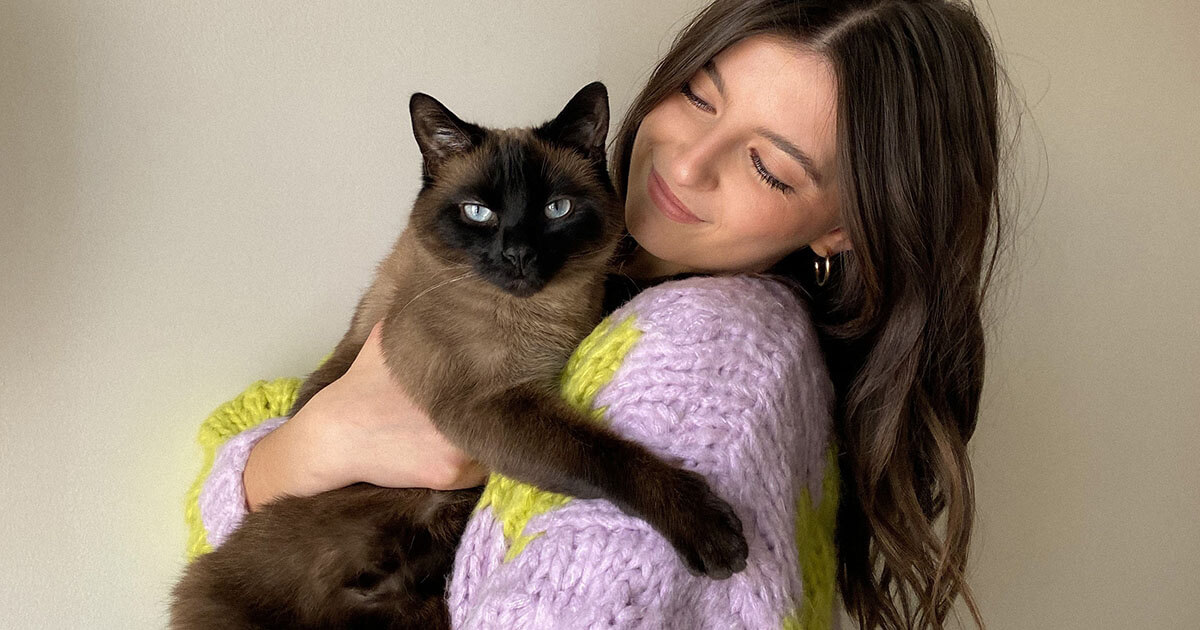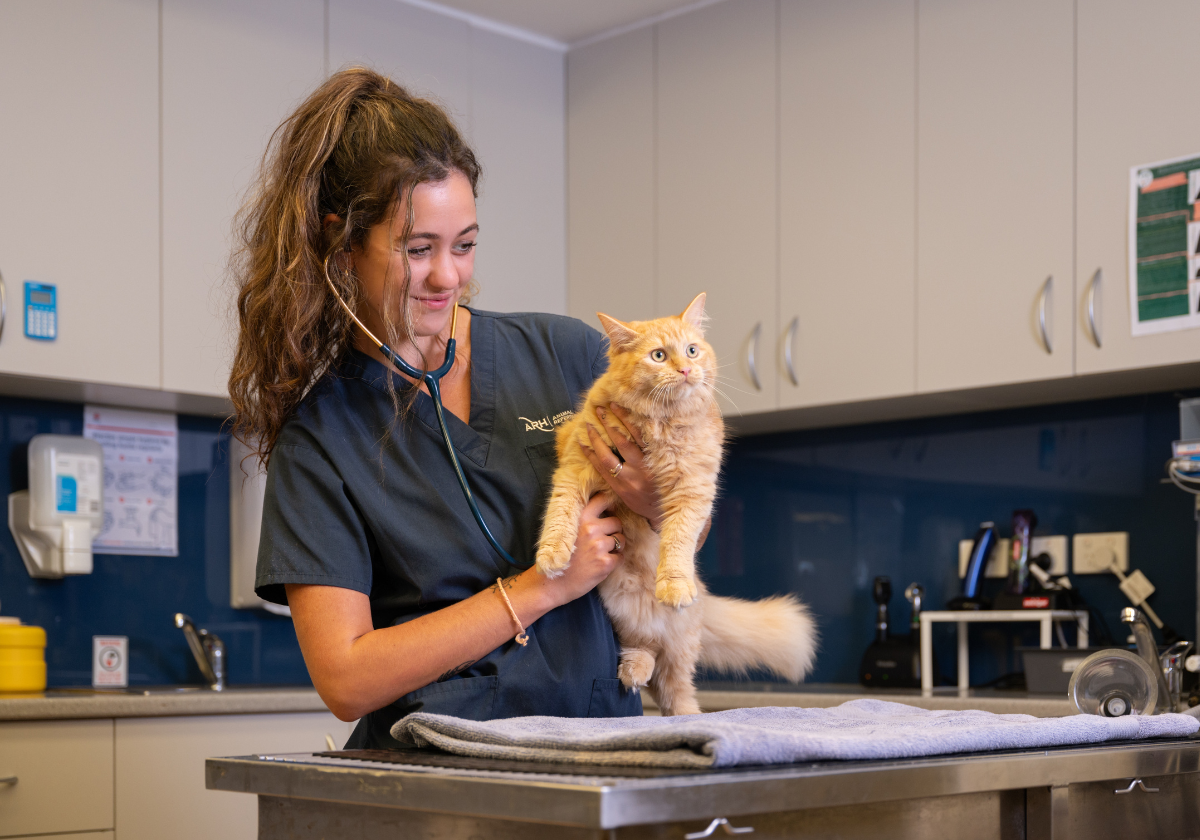Overcoming Fear of Veterinary Procedures in Your Horse

Veterinary procedures can be stressful not only for horses but also for their owners. Fear and anxiety in horses during these procedures can complicate treatment and recovery. This article explores effective strategies to help your horse overcome fear, ensuring smoother veterinary visits and better health outcomes.
Understanding Fear in Horses During Veterinary Procedures

Horses are prey animals with a natural flight response. Unfamiliar environments, strange equipment, and handling by strangers can trigger fear. Recognizing signs of fear such as trembling, sweating, restlessness, or refusal to cooperate is the first step in addressing the issue.
Common Veterinary Procedures That Cause Fear

| Procedure | Why It Causes Fear |
|---|---|
| Vaccinations | Needle fear, pain, and restraint |
| Dental exams | Mouth manipulation and unfamiliar tools |
| Hoof care | Lifting legs and pressure on sensitive areas |
| Blood draws | Needle insertion and confinement |
Strategies to Overcome Fear
1. Desensitization and Counter-Conditioning
Gradually expose your horse to the sights, sounds, and sensations of veterinary procedures in a controlled, positive way. Pair these exposures with treats or praise to build positive associations.
2. Consistent Handling and Routine
Regular, gentle handling and establishing a predictable routine can reduce anxiety. Familiarity breeds comfort.
3. Use of Calming Aids
Natural supplements, pheromone sprays, or prescribed medications can help calm anxious horses during procedures.
4. Professional Training and Support
Work with equine behaviorists or trainers who specialize in veterinary fear to develop tailored behavior modification plans.
Preparing for the Veterinary Visit
- Schedule appointments during calm times of the day.
- Ensure the horse is comfortable and familiar with the environment.
- Communicate with your veterinarian about your horse’s fears.
FAQ
Q1: How long does it take to reduce fear in horses?
A: The timeline varies depending on the horse’s temperament and previous experiences but consistent training over weeks to months is often necessary.
Q2: Can fear of veterinary procedures cause long-term health issues?
A: Yes, stress can impact immune function and recovery, making it important to address fear promptly.
Q3: Are there specific breeds more prone to fear?
A: While individual temperament varies, some breeds may be more sensitive; however, fear responses are highly individual.
By understanding and addressing your horse’s fear of veterinary procedures, you can improve their welfare and make necessary health care less stressful for everyone involved.
